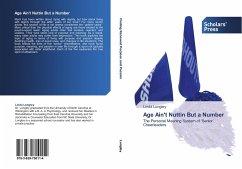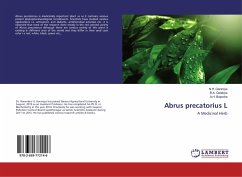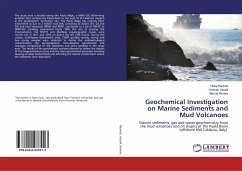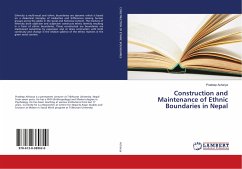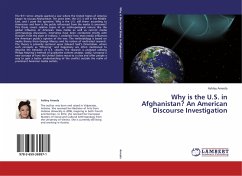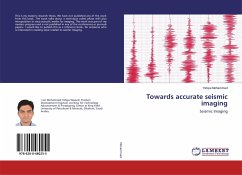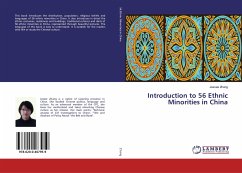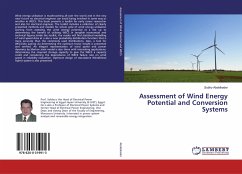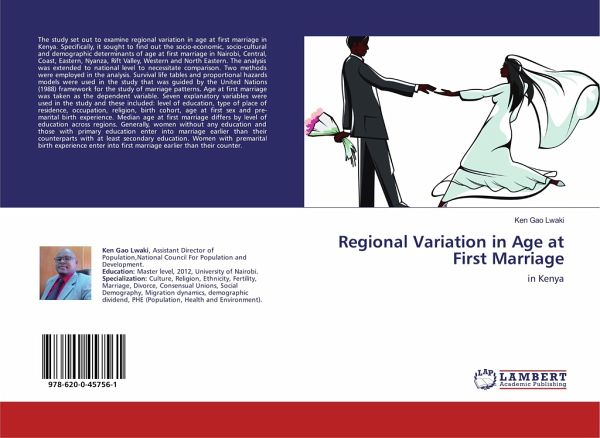
Regional Variation in Age at First Marriage
in Kenya
Versandkostenfrei!
Versandfertig in 1-2 Wochen
26,99 €
inkl. MwSt.

PAYBACK Punkte
13 °P sammeln!
The study set out to examine regional variation in age at first marriage in Kenya. Specifically, it sought to find out the socio-economic, socio-cultural and demographic determinants of age at first marriage in Nairobi, Central, Coast, Eastern, Nyanza, Rift Valley, Western and North Eastern. The analysis was extended to national level to necessitate comparison. Two methods were employed in the analysis. Survival life tables and proportional hazards models were used in the study that was guided by the United Nations (1988) framework for the study of marriage patterns. Age at first marriage was ...
The study set out to examine regional variation in age at first marriage in Kenya. Specifically, it sought to find out the socio-economic, socio-cultural and demographic determinants of age at first marriage in Nairobi, Central, Coast, Eastern, Nyanza, Rift Valley, Western and North Eastern. The analysis was extended to national level to necessitate comparison. Two methods were employed in the analysis. Survival life tables and proportional hazards models were used in the study that was guided by the United Nations (1988) framework for the study of marriage patterns. Age at first marriage was taken as the dependent variable. Seven explanatory variables were used in the study and these included: level of education, type of place of residence, occupation, religion, birth cohort, age at first sex and pre-marital birth experience. Median age at first marriage differs by level of education across regions. Generally, women without any education and those with primary education enter into marriage earlier than their counterparts with at least secondary education. Women with premarital birth experience enter into first marriage earlier than their counter.




